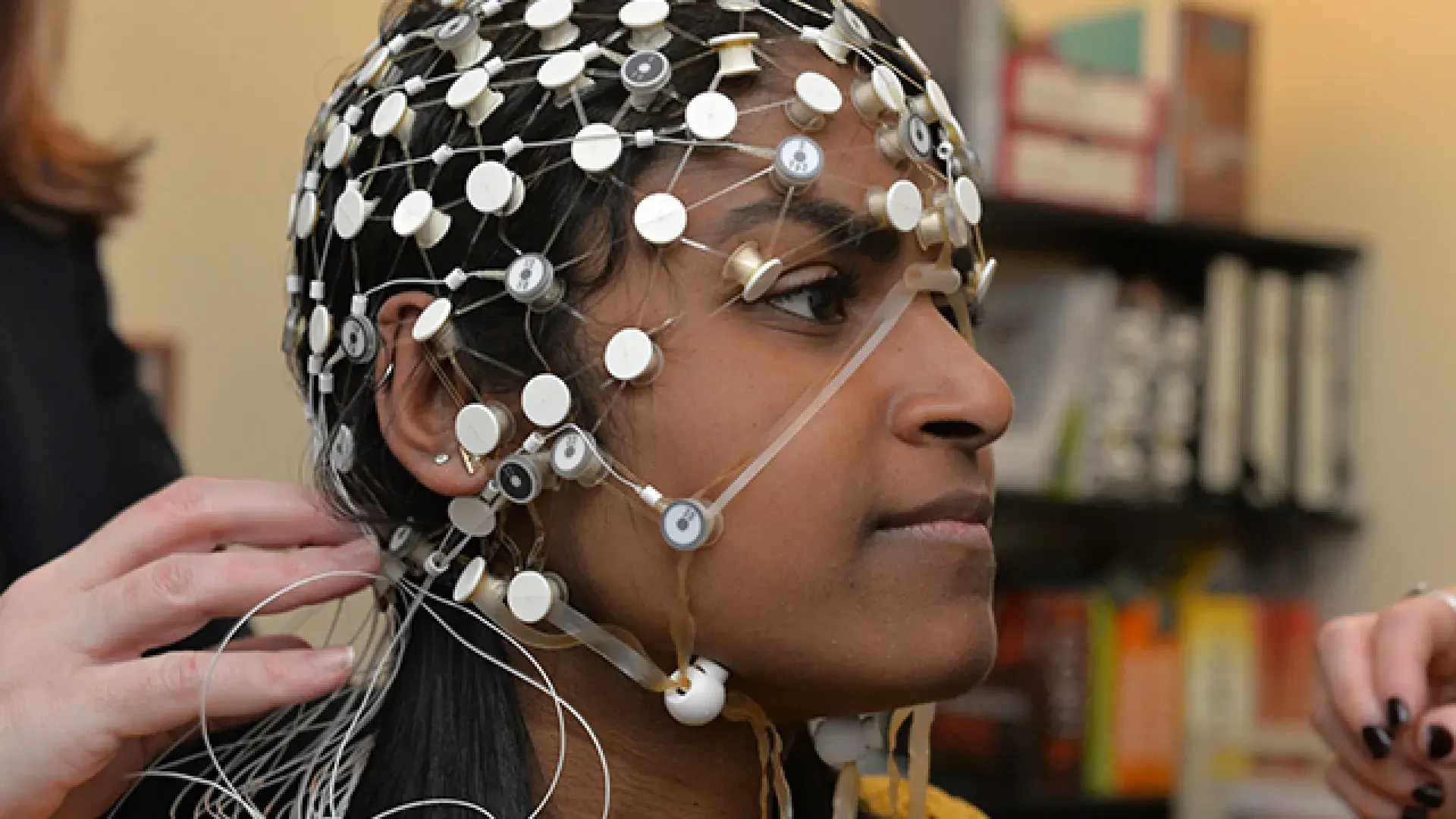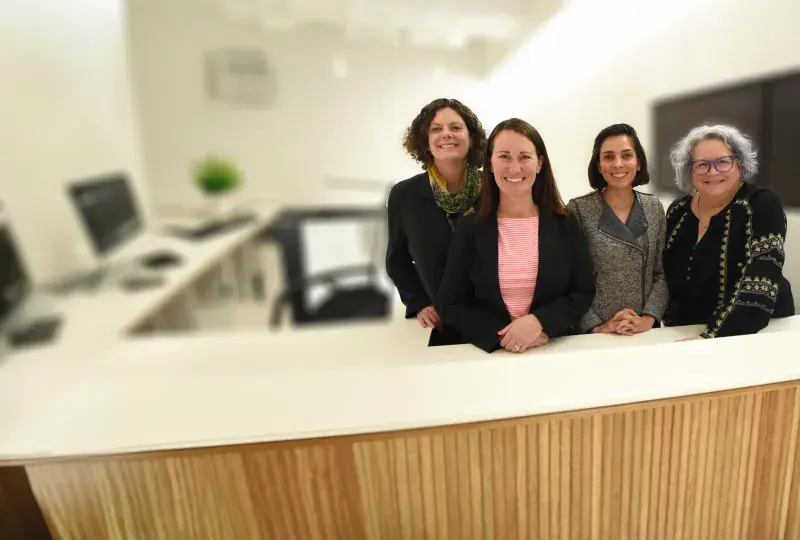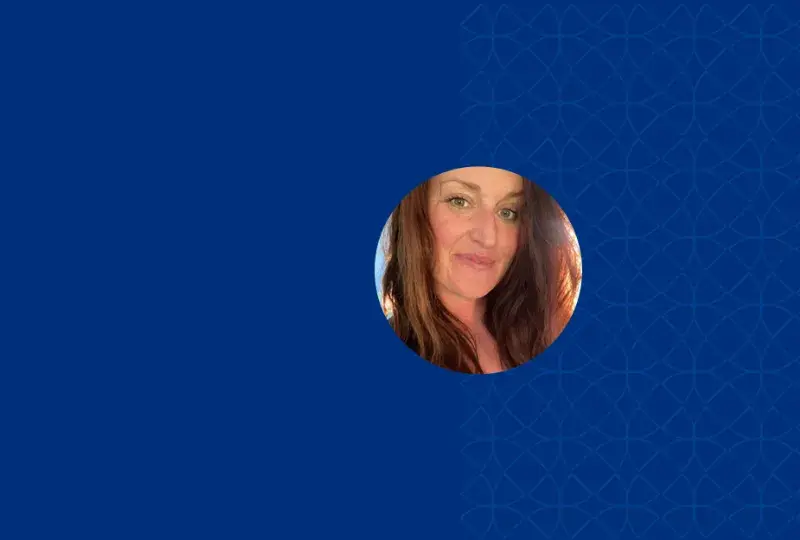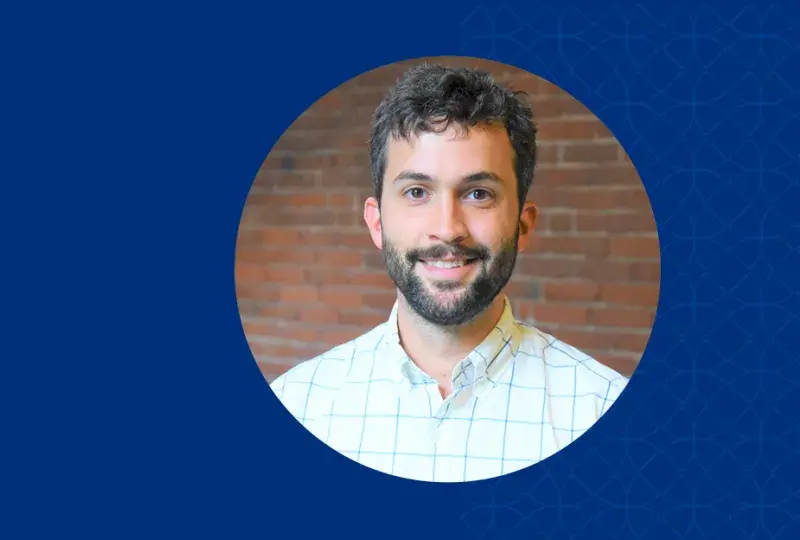
In the portion of CNG sometimes referred to as the “SVRLab,” we are interested in understanding how learning can be maximized when adults with aphasia (who have lost some aspect of language due to a stroke) participate in speech-language therapy. We utilize methodologies such as computer-based assessment, eye tracking, electroencephalography (EEG) and neuroimaging to measure learning processes in people with and without aphasia.
To help translate our findings into clinical practice, we carry out treatment studies that apply what we are learning in our controlled experiments into tasks and contexts that more closely resemble therapy. We also collaborate with clinical partners at Massachusetts General Hospital, Brigham and Women’s Hospital and Spaulding Rehabilitation Hospital, leveraging implementation science to evaluate and drive practice change.






